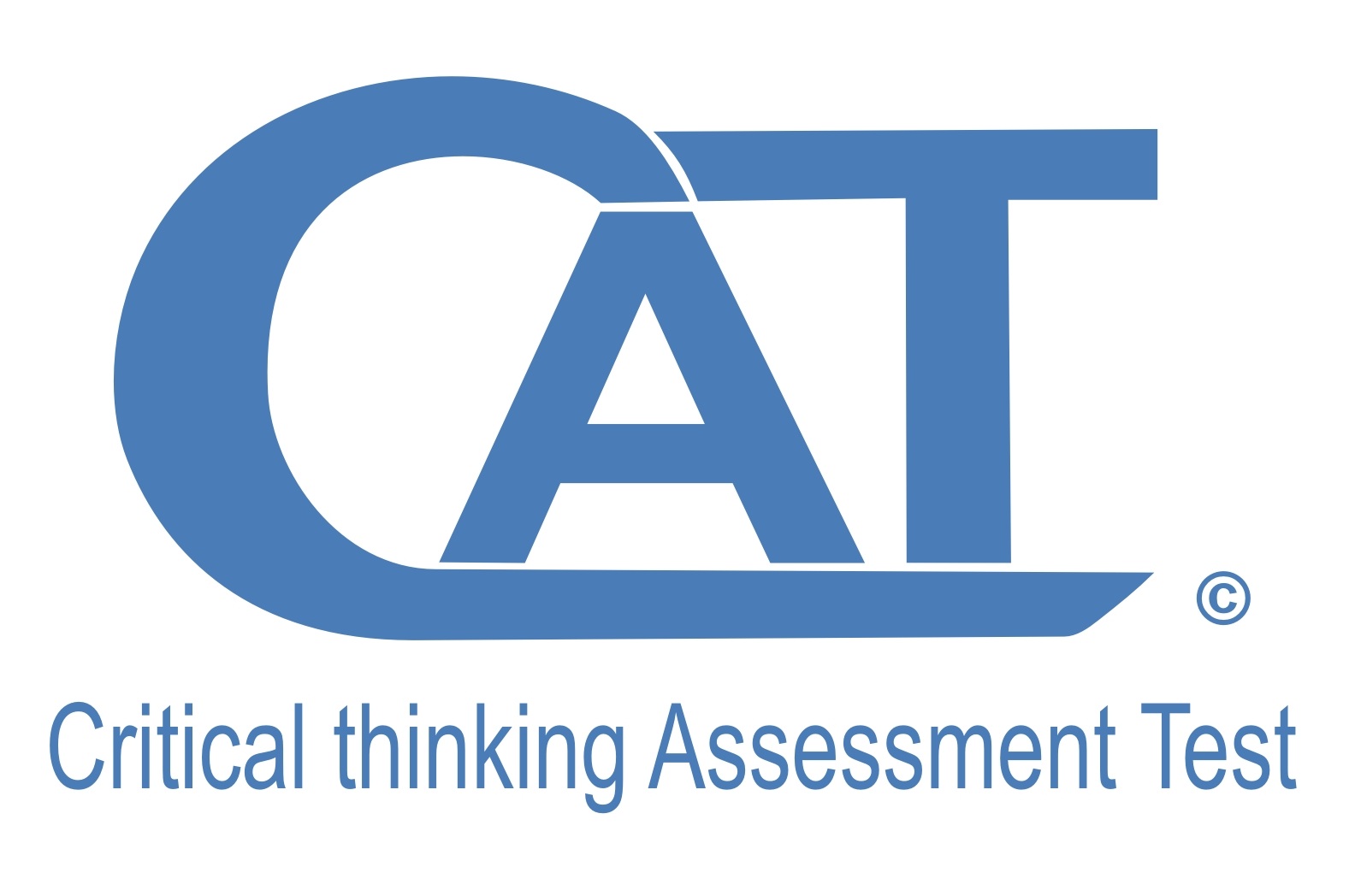Welcome to CAT
The Critical-thinking Assessment Test (CAT) was developed with input from faculty across a wide range of institutions and disciplines, with guidance from colleagues in the cognitive/learning sciences and assessment and with support from the National Science Foundation (NSF).
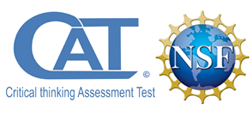
Developed
to assess a broad range of skills that faculty across the country feel are important components of critical thinking and real world problem solving.
Designed
to emulate real world problems. All questions derived from real world situations with most questions requiring short answer essay responses.
Engage
faculty in the assessment and improvement of student critical thinking skills and connects faculty to a teaching community.
MISSION
We believe in measuring what matters.
The CAT instrument is a unique tool designed to assess a broad range of critical thinking and real world problem solving skills that faculty across the country feel are essential for success.
We believe students are more than just a number.
The CAT instrument engages faculty with real student responses thereby increasing awareness of their students' strengths and weaknesses and understanding of areas that need improvement.
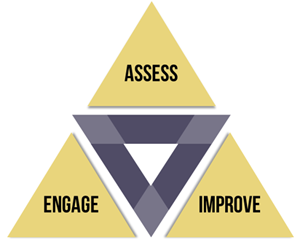
We believe closing the loop requires the right tools.
The CAT instrument provides a model to help faculty develop activities and assignments that use discipline content to improve critical thinking and real-world problem solving skills.
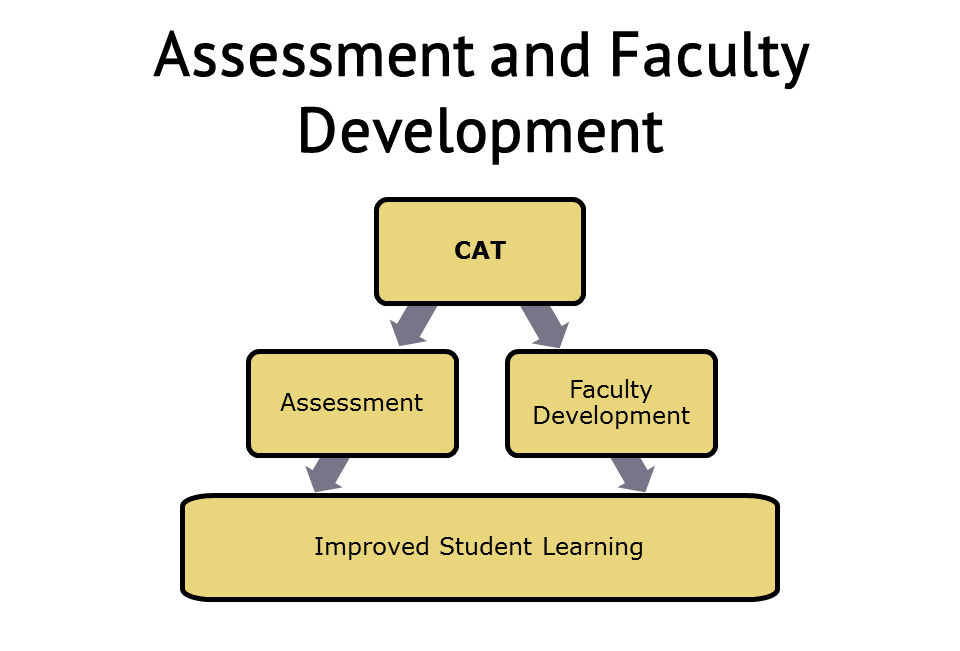
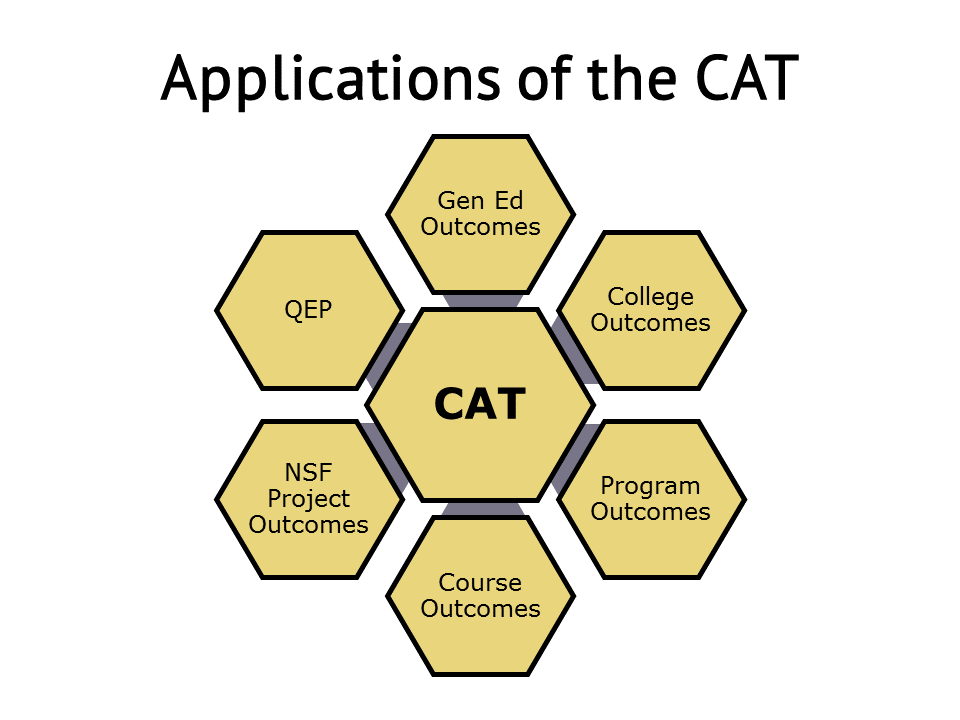
Faculty can use the CAT instrument as a model for constructing better course assessments using their own discipline content.
Over 350 institutions across the country have used the CAT for course, program, and general education assessment.
The National Science Foundation's (NSF) support also helped establish the Center for Assessment and Improvement of Learning to distribute the CAT and provide training, consultation, and statistical support to users.
See the Narrated Video Below for an Overview of the CAT Instrument
The Critical Thinking Assessment Test was developed with support from the National Science Foundation (NSF) TUES (CCLI) Division (under grants 0404911, 0717654, and 1022789 to Barry Stein, PI; Ada Haynes, Co-PI; & Michael Redding, Co-PI). Any opinions, findings, and conclusions or recommendations expressed here do not necessarily reflect the views of the NSF.
